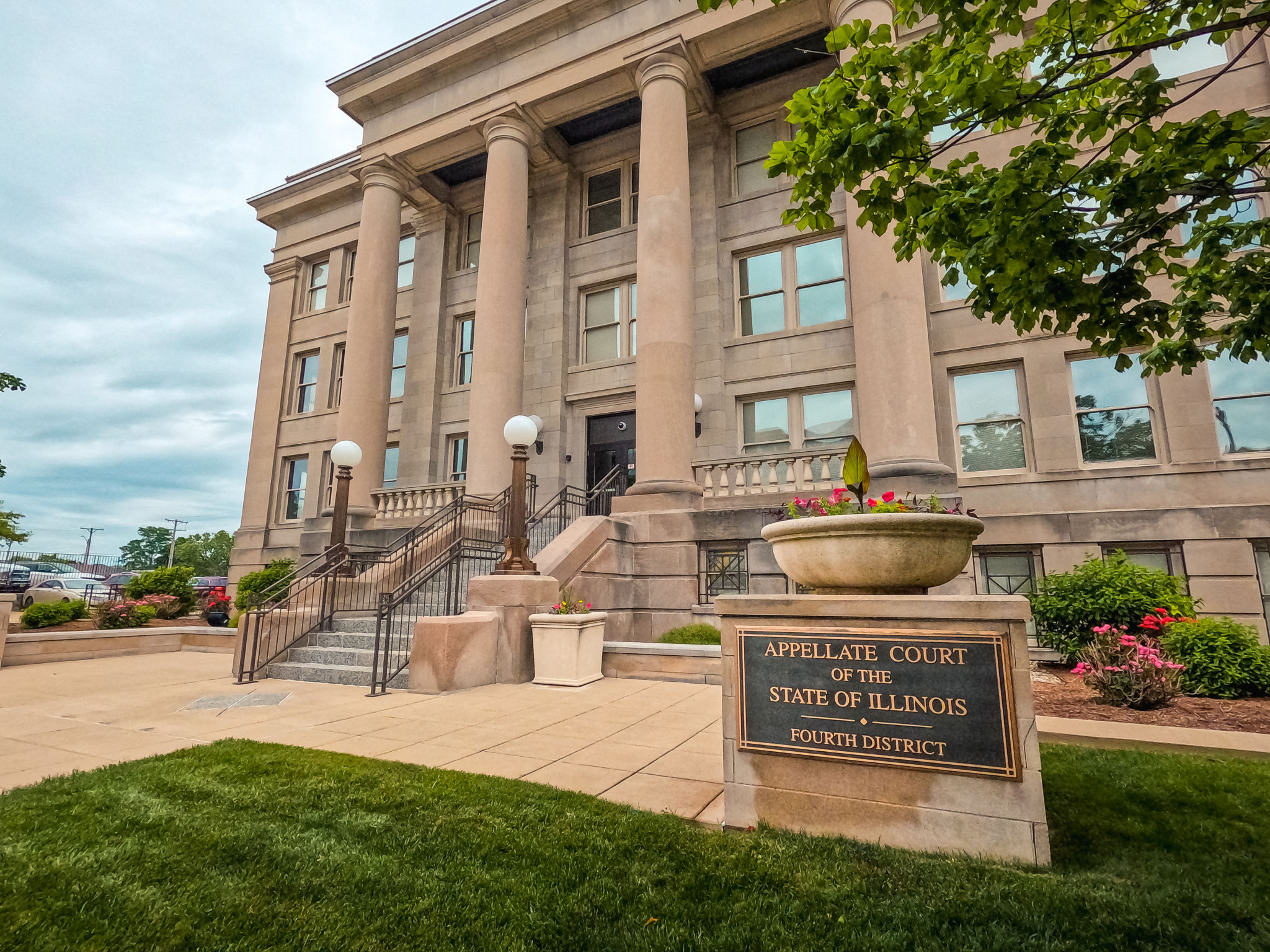Understanding the Legal Process: A Cook County Resident's Guide
Introduction to the Legal Process in Cook County
Navigating the legal system can be intimidating, especially if you’re unfamiliar with how it works. For residents of Cook County, understanding the steps involved in the legal process can make a significant difference in managing expectations and achieving favorable outcomes. This guide aims to provide a comprehensive overview of what you can expect when dealing with legal matters in Cook County.

Filing a Case
One of the first steps in the legal process is filing a case. This involves submitting a formal complaint or petition to the appropriate court. In Cook County, cases are typically filed at the Circuit Court, which is the largest unified court system in Illinois. It handles a wide variety of cases, including civil, criminal, and family law matters.
When filing a case, it’s important to have all necessary documentation prepared. This includes any evidence or supporting documents that can strengthen your case. Consulting with a legal professional can help ensure that your paperwork is complete and submitted correctly.
Understanding Court Procedures
Once your case is filed, it’s crucial to understand the court procedures that will follow. Court proceedings in Cook County can vary depending on the type of case and specific circumstances. Generally, cases may involve pre-trial motions, hearings, and ultimately, a trial if necessary.

During these procedures, both parties will have the opportunity to present their arguments and evidence. It’s essential to be prepared for each step and understand what is expected of you as a litigant. Professional legal representation is often beneficial in navigating these complex processes effectively.
The Role of Mediation and Settlement
Mediation and settlement are important aspects of the legal process that can often lead to quicker resolutions. In Cook County, mediation is encouraged as an alternative dispute resolution method. It involves both parties working with a neutral third-party mediator to reach a mutually agreeable solution.
Settlements can occur at any stage of the legal process and often save time and resources for both parties involved. It’s important to weigh the pros and cons of settling versus going to trial, and this decision should be made with careful consideration and professional guidance.

Going to Trial
If mediation or settlement efforts are unsuccessful, the case will proceed to trial. Trials in Cook County can be either jury trials or bench trials, where a judge makes the final decision. During the trial, both sides present their evidence and arguments before a judge or jury.
The trial process can be lengthy and requires thorough preparation. Understanding courtroom etiquette, procedures, and having a well-organized presentation are crucial components for success. Legal counsel can provide invaluable support during this phase to ensure your case is presented effectively.
Post-Trial Procedures
After a trial concludes, there are several post-trial procedures that may follow. These can include filing an appeal if you believe there has been an error in the trial proceedings. For Cook County residents, appeals are typically handled by the Illinois Appellate Court.

It’s important to act promptly if you decide to appeal, as there are strict timelines for filing appeals. Additionally, understanding the grounds for appeal and the likelihood of success is important before proceeding with this option.
Conclusion
Understanding the legal process in Cook County is vital for anyone involved in legal matters within the region. From filing a case to navigating court procedures and considering mediation or trial options, being informed can make a significant difference in outcomes. Seeking professional legal advice and support throughout the process is highly recommended to ensure your rights are protected and your case is handled effectively.